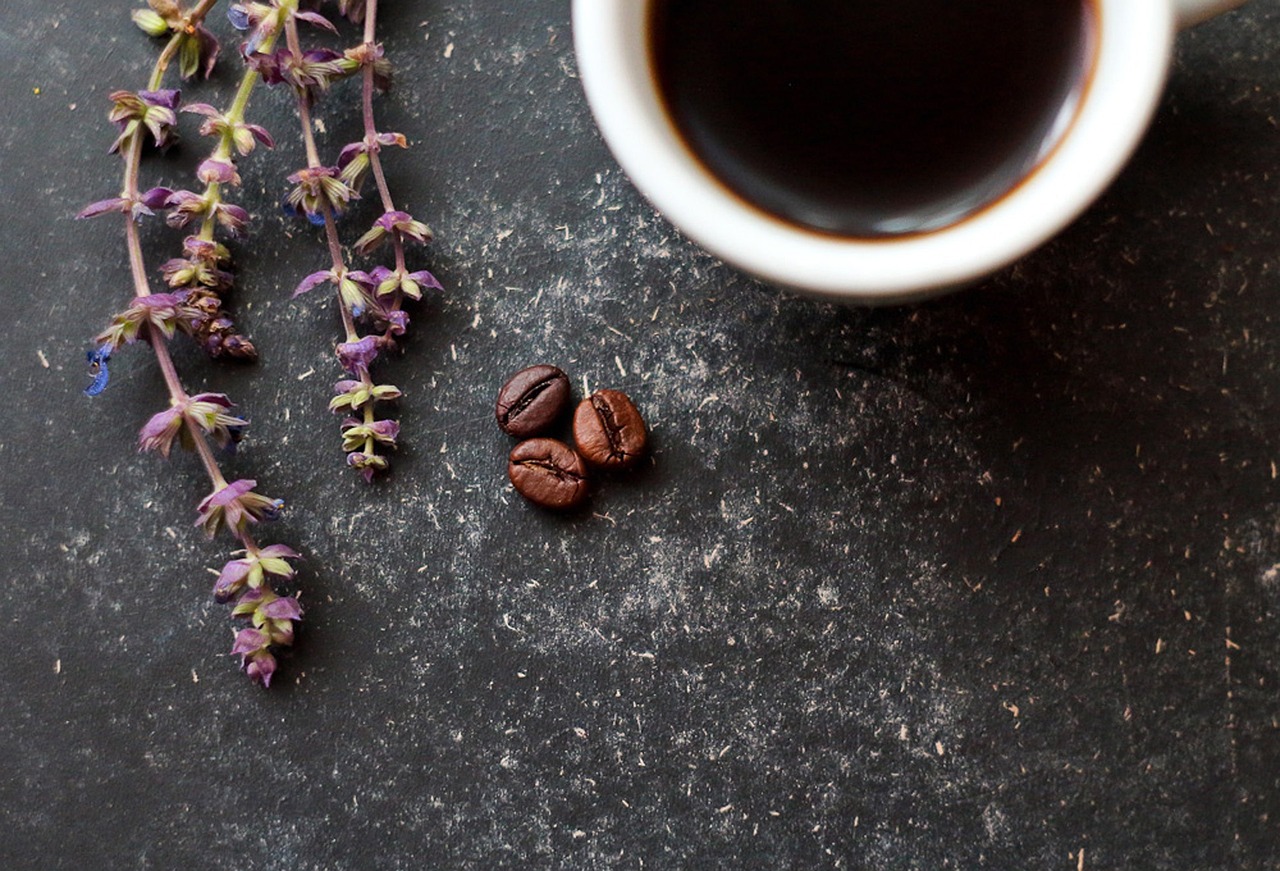Beyond its blend of slightly bitter and slightly acidic tastes, coffee is also known as one of the top caffeinated beverages consumed across the world. Caffeine is naturally found in coffee beans, which are then roasted to create the delicious traditional cup of coffee you know and love. Yet, knowing that coffee beans naturally contain caffeine can make you wonder how exactly and why exactly decaf coffee is even a thing. Shouldn’t we all just enjoy coffee in its wholesome, unchanged, and delicious state? What is decaf coffee? Let’s explore.
What is decaf coffee?

Decaf coffee is coffee that has undergone a decaffeination process to remove 97% or more of the naturally occurring caffeine. There are a variety of different decaffeination processes that can be used to create decaf coffee, each of which starts with traditional coffee beans. Each method of creating decaf coffee requires that green coffee beans are soaked in warm water before roasted, making caffeine easier to extract.
The three methods to create decaf coffee are known as the Direct Contract method, the Swiss Water method, and the Natural Decaffeination Process:
- Direct Contact Method: This is the most common way to produce decaf coffee. The Direct Contact Method involves steaming green coffee beans to open them up and adding a solvent to the mass of wet beans. From here, the solvent binds to caffeine molecules within the green coffee beans, which help remove caffeine. Beans are then washed, steamed, and roasted at over 400°F to evaporate any remaining liquids.
- Swiss Water Method: This form of decaffeination involves soaking green coffee beans in warm water and running water through an activated charcoal filter that removes the caffeine. This method does not use any chemical solvents.
- Natural Decaffeination Process: Green coffee beans are soaked in water in a stainless steel tank. Liquid carbon dioxide is forced into the tank at high pressure, which dissolves the caffeine without affecting the flavor molecules of the coffee beans.
What’s the point of decaf coffee?

If you love a freshly brewed cup of regular drip coffee, it’s natural to wonder why decaf coffee is even in existence. However, decaf coffee serves an important use for people who are ultra-sensitive to caffeine and do not want to experience the stimulant effects of coffee. Decaf coffee allows these people to enjoy the taste of coffee without consuming much caffeine. For example, individuals on certain medications or with certain medical conditions may not tolerate caffeine well, such as those with ADHD or pregnant or nursing women.
In addition, people who are highly sensitive to stress and anxiety, have heart problems or have trouble sleeping may also find decaf coffee a better choice. Decaf coffee is also a great option to drink in the evening, so as not to disrupt your ability to fall or stay asleep.
Is decaffeinated coffee good for you?

Researchers have been diving into the health benefits of coffee in general for decades, exploring theories that it may help promote longevity, promote better blood glucose regulation, and possibly help reduce your risk of developing heart disease. These benefits apply to coffee in general, but decaf coffee also offers many benefits in itself.
Since caffeine can last within your body for up to four to six hours, switching to decaf coffee (especially in the afternoon and evening hours) can help promote better sleep. Those who find coffee to enhance their symptoms of anxiety may also benefit from lower levels of anxiety and stress when switching from regular to decaf coffee. Consuming too much caffeine can also skyrocket cortisol levels, which makes decaf a safer way to enjoy your favorite coffee drinks without stimulating excess cortisol.
Is decaf coffee still a stimulant?

In the technical sense of the word, decaf coffee is still a stimulant. The reason is that decaf coffee is not 100% decaffeinated. Most decaf coffees (varying depending on variety and brand) contain about 97% or 98% of the caffeine naturally found in coffee. With the remaining 2% or so, decaf coffee is still classified as a stimulant because it contains some caffeine (only about 2mg, on average). On average, there is about 2 to 7 mg of caffeine remaining in an 8-ounce cup of coffee.
Regular coffee drinkers are unlikely to feel or experience any of the stimulant effects of drinking decaf coffee, but a product that contains any caffeine at all can be considered a stimulant.




